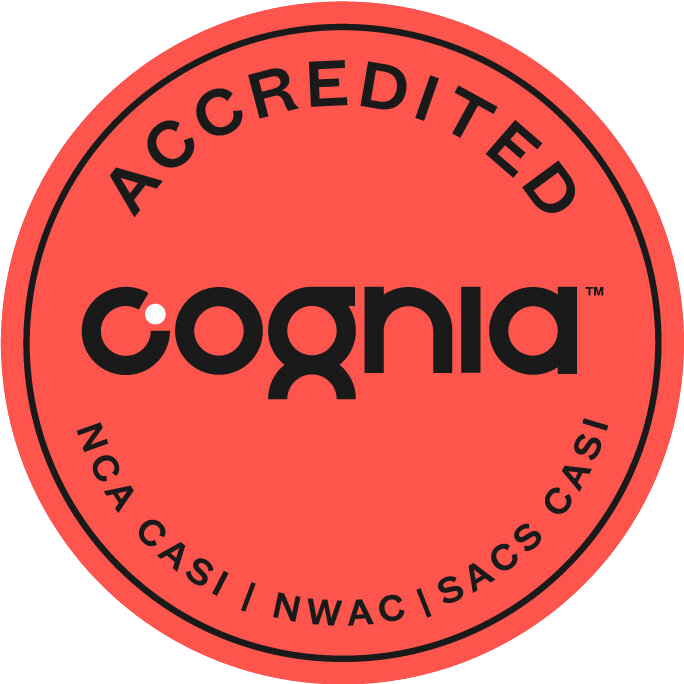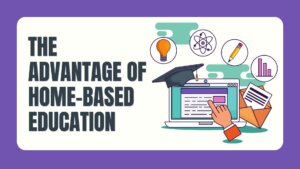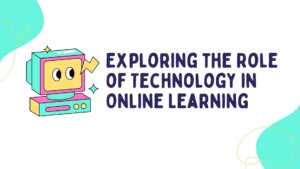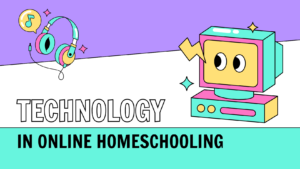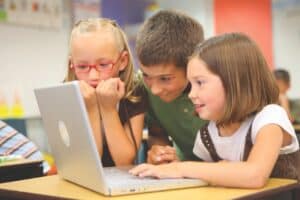Humankind represents the example of the diversity that there is in the world. People have different physical traits and personalities, and these characteristics are what make them unique and exciting. Students have a worthwhile opportunity to relate and work with children and cultures all over the world in an online classroom—such experience is invaluable. However, teachers must promote the development of cultural awareness skills, diversity, and multicultural abilities.
Experience has shown that children are capable of perceiving differences in race, learning styles, family situations, religion, family structure, and many others at an early age. This perception has increased in our society nowadays. It is as if technology has shortened the distance between human beings, but fears and ignorance separate them. In a virtual environment, children can work alongside other children and work out these differences. Moreover, these differences should trigger socialization and communication training. Nevertheless, parents and teachers in an online school must realize that studying in a multicultural environment is the perfect context for global learning to acquire values such as tolerance and justice. With the right focus and the purpose to promote cultural awareness, share knowledge, experiences, and diverse circumstances that are not wrong for being different.
Cultural awareness is a competence that allows students to perceive our values, belief, and costumes. It is all about prompting children to a sense of belonging through their culture, but a sense of global citizenship as well. Virtual platforms represent an endless means to create spaces to share, to exchange, and to know their culture with pride and respect. Other online tools are games, virtual visits to tourist places and local events, and presentations and projects. These types of activities allow them to feel pride in their roots, their history, and traditions, besides opening doors to many other types of interactions. Implementing a healthy, open, and respectful relationship eases the students’ communication.
In an online classroom, the differences among students represent the group’s personality and create an outstanding and beautiful unity. They have to learn values and respect. Their different learning styles, family structures, language, religious beliefs, food, forms of work, race, and their way of building relationships must not be exposed or judge in any modality, but much less in the online learning. They must learn to be proud of their traits, and understand that they must extend this respect to every classmate and human being they know. Indeed, this awareness starts at home, but it is in the online classes where socialization takes place and reinforced. When children study in an online school, the occasions, contexts, and experiences multiply the learning process. Students will relate with many different people and traits, but the teacher has to instruct them on tolerance, justice, and cooperation. Such instruction will provide students with all the advantages of diversity without labels and stereotypes of any kind. It is an arduous task, but teachers can mold attitudes with the right example and creating the proper environment attitudes. Their work is fundamental for such an endeavor.
Students will learn a variety of skills from the multicultural experience, and the instruction of cultural awareness and diversity online. They will become human beings with multicultural abilities, including inclusion, respect, tolerance, and respect. They will be able to perform in the global economy as professionals proud of their roots and knowledgeable in other cultures. Skills such as creativity, developing projects, and critical thinking are implicit in online learning. When teachers practiced these skills among the experience of diversity, the result expands the possibilities of open minds and the ability to work in any group and environment. Among the social skills they will learn, there are empathy and justice; academically speaking, their cognitive abilities increase.
Students in virtual classroom study become digital and multicultural citizens due to the development of cultural awareness through each activity, project, discussion, debate, and teamwork. The skills learned, such as values, respect, justice, and healthy coexistence, will become part of their global formation and diversity acceptance. Thus, they will evolve and perform in any environment successfully.

